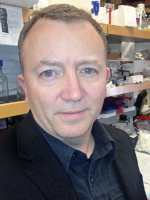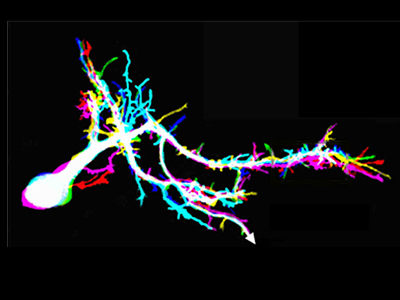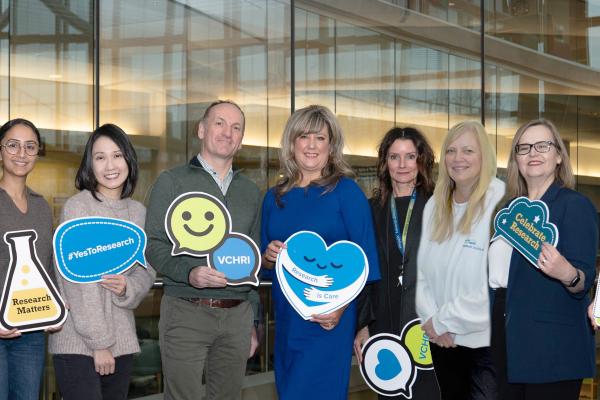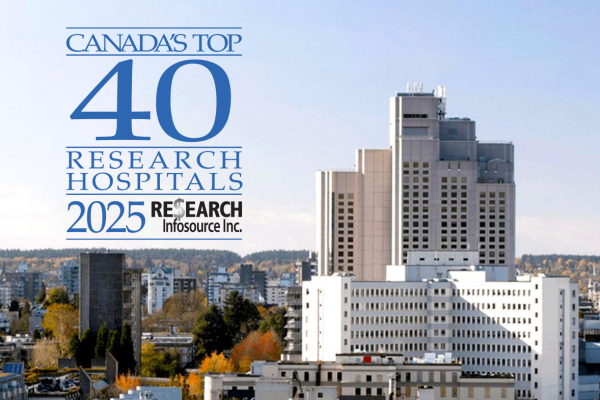
VCHRI scientists design tools to efficiently decode autism genes.
As research tools improve, scientists are uncovering new genetic links to disease. Vancouver Coastal Health research scientist Dr. Kurt Haas and his team are trying to find the genetic origins of autism. Together with a larger group of scientists at the Djavad Mowafaghian Centre for Brain Health, they are designing new technologies to tackle this problem. But they have a long road ahead of them—Haas says it is hard to imagine a more difficult research challenge.
“Unlike Cystic Fibrosis or Huntington’s disease that have a single gene causing the disease, autism has a very large number of genes associated with it—hundreds of genes in fact. We believe that errors in individual genes or a number of these genes working together in groups likely produce the different outcomes on the autism spectrum.”

Haas says this could explain why autism has such a wide range of manifestations and characteristics. People with autism can range from being highly intelligent to having severe intellectual disabilities. Behaviours can range from mildly impaired social interaction to aggressive, self-harming behaviour. The definition of autism has expanded in the past few years to take this spectrum of symptoms into account. Autism is now referred to as autism spectrum disorder (ASD).
It gets more complicated. Not only are there hundreds of genes associated with ASD, but each one of those genes has multiple mutations each found in different individuals with ASD. How to figure it all out? “Teamwork,” says Haas. His lab uses funding from the Simons Foundation to collaborate with six other labs at the University of British Columbia that are also researching the genetics of ASD. They are even building their own machinery to bulk sort and sift genes and specific mutations of each gene in order to identify and focus in on the ones at fault. Using robotics and state of the art software, Haas and his colleagues can now test thousands of gene mutations in the time it would have taken to examine one mutation just a few years ago.
“We’re testing up to a hundred mutations of any given gene to see if they result in protein malfunction. Then we funnel those with clear effects down into slower assays and try to hone in on how they disrupt brain development.”
Long road ahead has challenges and rewards
Even with the latest technology, and the best researchers, Haas cautions it will be a long time before any findings in the lab translate to ASD treatment or prevention.
“After we unravel the genetic complexity of this disease, we will still have to understand the molecular and cellular networks involved, and how gene mutations impact brain development. It could take decades," says Haas. "However, the rapidly advancing pace of technology development means that this goal may come more quickly than we expect.”

But Haas is not daunted. “I came to the study of autism as a basic developmental neuroscientist trying to understand how normal brain circuits develop. There is a beauty and fascination in understanding the fundamentals of brain formation and function. But, I had no idea it would be so complicated!”
Meeting families through a local autism support network has reinforced the importance of his research for Haas. About 60,000 people are affected by ASD in BC. Typically, ASD is diagnosed between two and three years of age, when behavioural signs become more apparent.
“One of the most impactful outcomes of our research will be earlier identification of autism, before symptoms appear. That would be hugely beneficial. When provided early, behavioural interventions show the most promising results.”
Haas says he is also inspired to keep working because he knows this research groundwork will have broader payoffs. “The tools we’re building and the processes we are setting up can be applied to other diseases too. It’s very exciting.”


